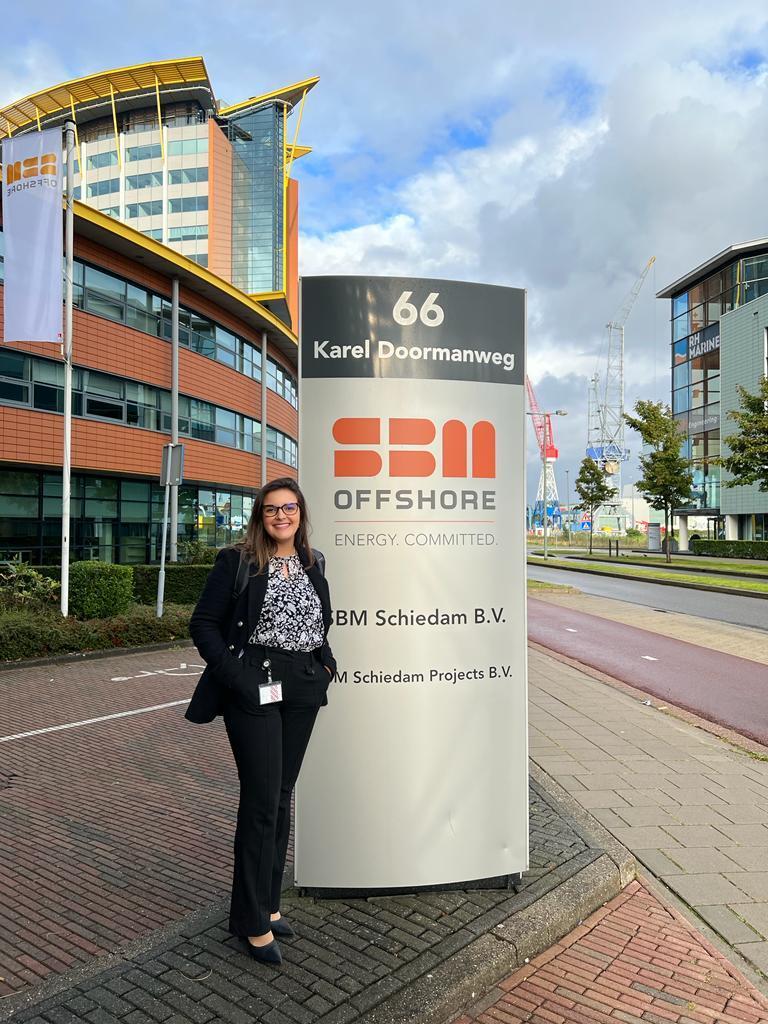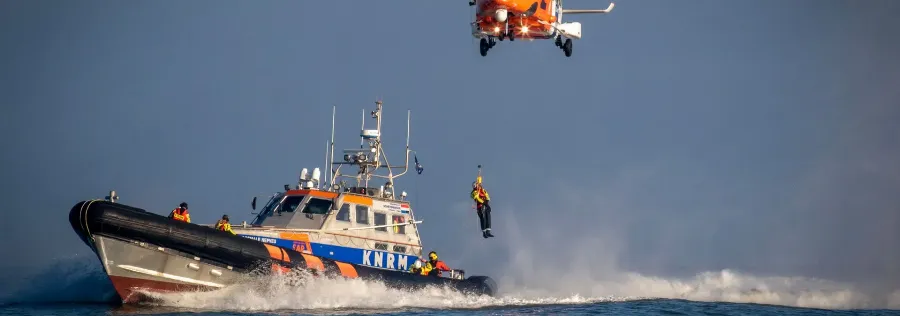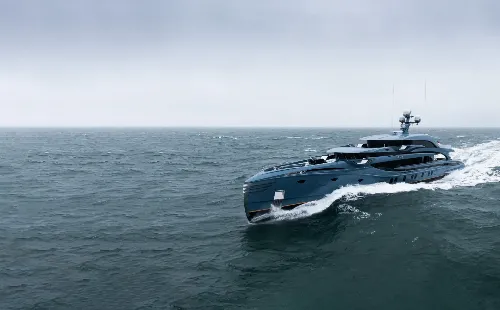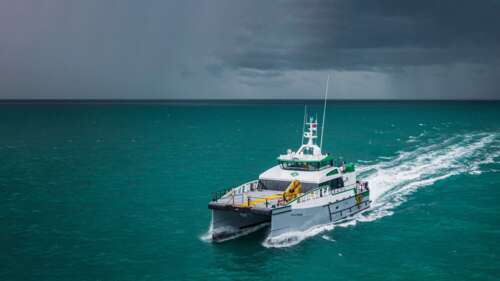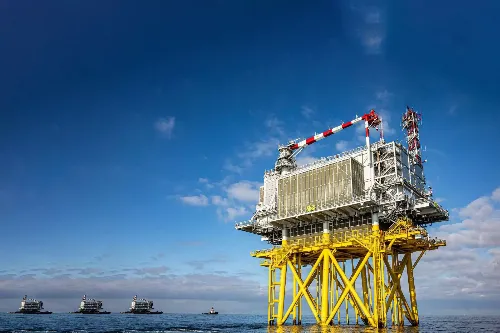Moving to the Netherlands from another country can often mean an increase in expenses, as prices may be higher than in other countries. Luckily for expats, the Dutch government offers the opportunity for expats to benefit from tax breaks by applying a 30% tax facility. This measure is meant for employees recruited from abroad, to come and work in the Netherlands for a Dutch company. It entitles expats to 30% of their salary tax-free for five years and exemption from tax on worldwide assets.
This ruling is certainly appealing to potential expats. However, certain criteria do need to be met. Continue reading to find out if you are eligible for this measurement!
What are the requirements?
1. The employee must be transferred or recruited from abroad. This means the employee did not reside within 150km of the Dutch border for the last 18 out of 24 months at the time of hiring.
2. The employee works for an employer registered with the Dutch tax office and paying Dutch payroll tax.
3. The employee needs to have expertise that is scarcely available in the Netherlands. This is based on minimum salary requirements. In 2023, this is € 41.954,(2022: € 39.647). This is the taxable salary plus the 30%
4. Ph.D. graduates can also benefit from these measurements. Should they take a job immediately after completing their Ph.D. in the Netherlands, the condition that they must have been appointed from abroad is waived. A lower minimum salary also applies to them: €30,001 in 2022
At Middle Point, we provide you with the support needed to apply for the 30% ruling. In almost all cases (should the necessary documents be provided on time) our professionals have been able to receive them successfully!
For more information, you can consult the Dutch Tax and Customs Administration website: https://www.belastingdienst.nl/wps/wcm/connect/en/individuals/content/coming-to-work-in-the-netherlands-30-percent-facility Or contact one of our recruiters
